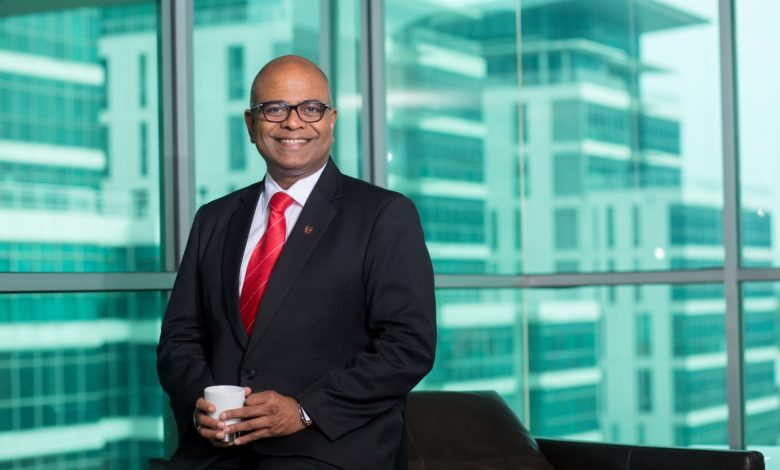

by Professor Dr Pradeep Nair, Deputy Vice Chancellor and Chief Academic Officer, Taylor’s University
StarEdu reported the most recent data from Education Ministry that only half (50.3%) of 2021 school leavers were interested in pursuing higher education. The paper added that this was a massive decline from 2019 and 2020, which saw 65.2% and 64.8% of students continuing their studies, respectively.
While the debate rages on why increasing numbers of ‘out of school youth’ opt to work instead of pursuing higher education, how should higher education institutions respond and remain relevant amidst such a dynamic and disruptive age where technologies and social changes transform the way youth think, work and live? Is there something higher education institutions (HEI) need to do differently?
We live in a volatile, uncertain, complex, and ambiguous (VUCA) world, The current education is deeply rooted in a traditional campus based, closed loop model and bound by time and space where students must go to college or university for specific periods of time, graduate and then enter the world of work. As the world of work and learner behaviour undergo seismic shifts, accelerated by the Covid-19 pandemic, perhaps we can re-imagine. an open looped education model with students transitioning seamlessly between work and study to produce curious, intellectually vibrant, and agile lifelong learners. Students would enter the “open loop” at multiple times throughout their professional life, as they seek to gain skills and knowledge. The traditional 3 or 4-year undergraduate experience might also be transformed, as students come and go to gain experience beyond the classroom.
Whilst on campus, students may undertake hybrid degrees which offer multidisciplinary learning experiences and graduate with multiple credentials that attest to specific skills and abilities needed to succeed at the workplace.
Our direction at Taylor’s is clear; our education will offer hybrid degrees instead of traditional disciplines where students will learn with immersive technologies and work-based learning. This ensures that their experiences in education are fulfilling and have long-lasting value, serving them well in any endeavor they decide in life.


